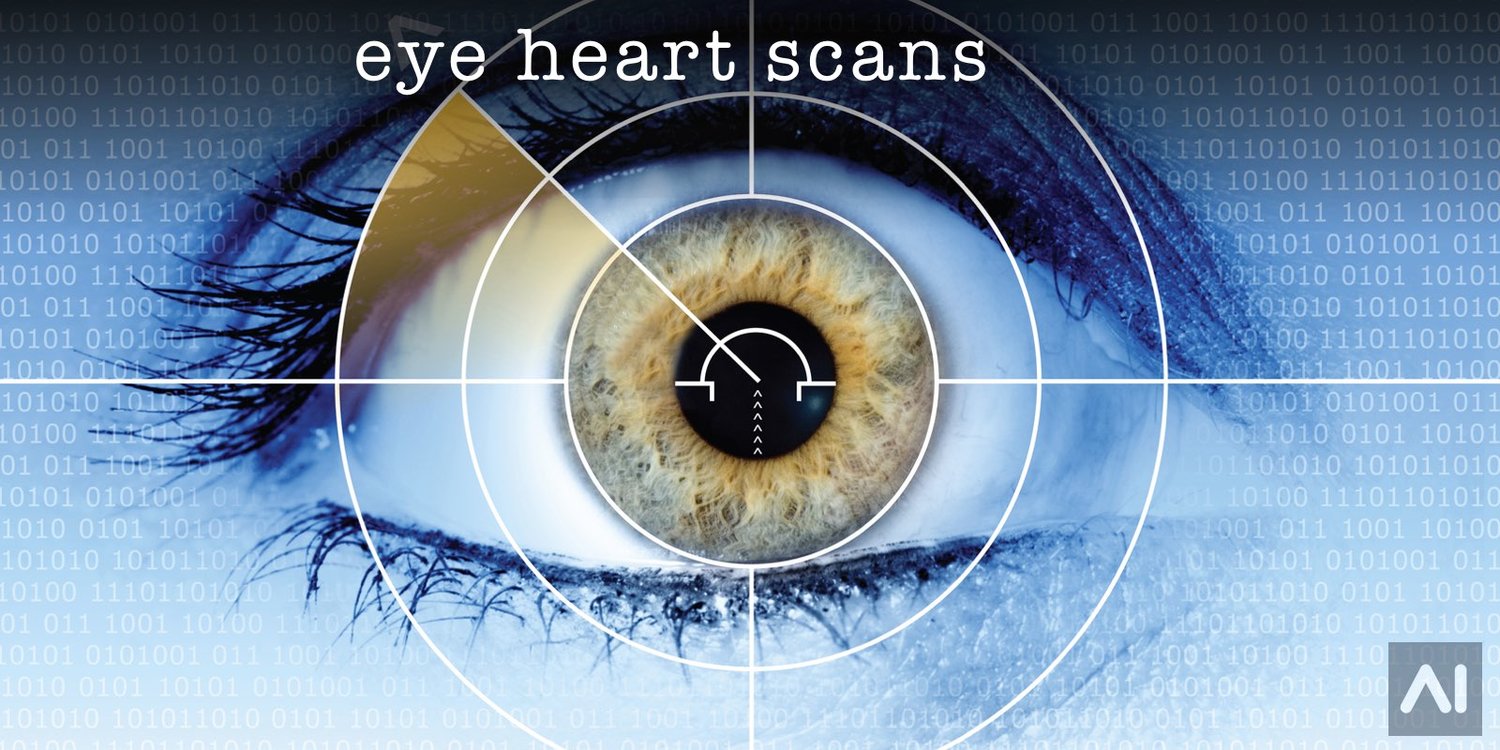 |
| (c) iaidl.org |
An international collaboration of researchers has developed an autonomous artificial intelligence that is able to predict the risk of cardiovascular disease in patients through the blood vessels of the retina. The results of the study were published in the journal Nature Biological Engineering.
The researchers came up with the idea of using angiography to illuminate the blood vessels in the retina. In this method of medical imaging, the patient is administered a slightly radioactive contrast medium, which then attaches itself to the target organ or tissue. Using the radioactivity of the contrast medium and the rays from the device used to transcribe the information, it is then possible to visually map the area.
In the case of retinal angiography, the aim is to detect hypertension in the blood vessels, which would be a sign of cardiovascular disease. Although it has long been possible to detect the risk of cardiovascular disease in our retinas, the novelty here is that thanks to artificial intelligence, human intervention will no longer be absolutely necessary.
To this end, the researchers trained the artificial intelligence by using 70,000 images of people from different backgrounds so that it could understand on its own whether or not they were at risk of cardiovascular disease. The images focused on common markers that can be identified in the retinal vascular system.
Since you’re here...we have a small favor to ask. Retina Global is a nonprofit, and we have to depend on your support to sustain the work we do. Hence the need to ask for your help. Retina Global's work is important, since it not only provides help to disadvantaged people, but also provides resources for developing new treatments that can potentially cure blindness. What we do takes a lot of time, money and hard work. But we do it because we believe we have to help stop someone somewhere from going blind. So make a difference. Click here to donate. Your support is much appreciated. Thank you!
To better assess the accuracy of the artificial intelligence’s recognition capabilities, the researchers then subjected the computer to tests to compare these results with those of real doctors. Without surprises, the recognition abilities of the artificial intelligence surpassed those of real doctors.
To read the scientific paper published in Nature Biomedical Engineering, click here.
No comments:
Post a Comment
Thanks for your comments. We will get back to you shortly if there is a need to respond to it.
- Admin, Retina Global
Read more on Retina Global.